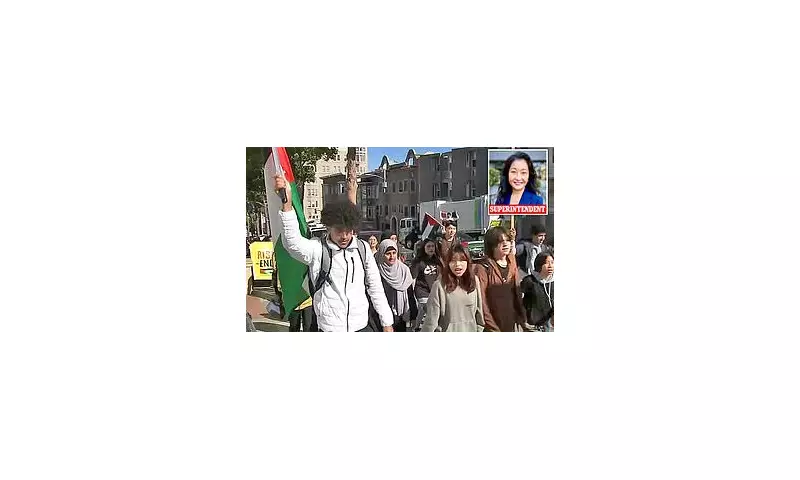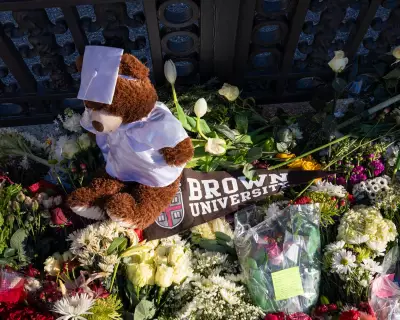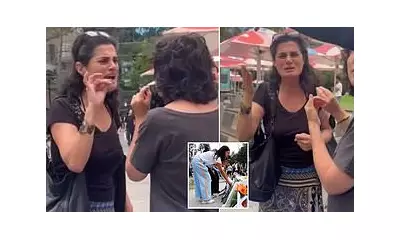
San Francisco's school district has ignited a fierce debate after implementing a new policy that bans teachers from expressing political opinions in classrooms. The controversial move has drawn criticism from educators and free speech advocates, who argue it stifles open discussion in schools.
What Does the New Policy Say?
The policy, introduced by the San Francisco Unified School District (SFUSD), explicitly prohibits teachers from sharing personal political views with students. Supporters claim it ensures neutrality in education, while opponents warn it could suppress meaningful discourse.
Reactions from Teachers and Parents
Many educators have expressed frustration, arguing that politics often intersects with subjects like history and social studies. "How can we discuss current events without addressing political perspectives?" asked one high school teacher anonymously.
Parents are divided—some applaud the move, believing it prevents bias, while others fear it limits critical thinking. "Students should hear diverse viewpoints to form their own opinions," said a local parent.
Legal and Ethical Concerns
Free speech advocates have questioned whether the policy violates teachers' rights. Legal experts suggest it may face challenges if deemed overly restrictive. Meanwhile, the school district insists the rule maintains a balanced learning environment.
As tensions rise, the policy's long-term impact on San Francisco's education system remains uncertain.





